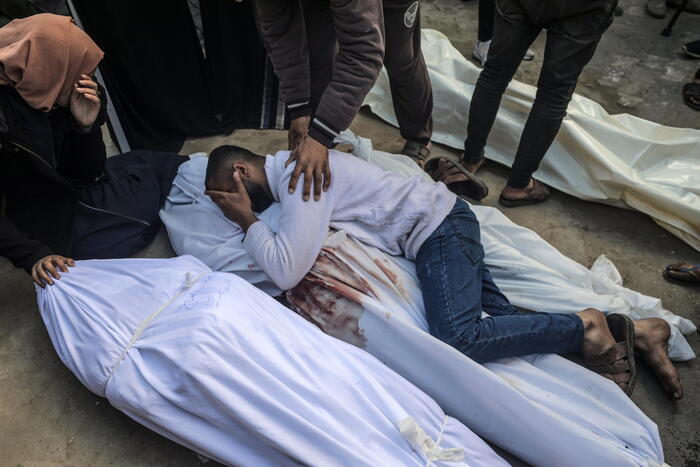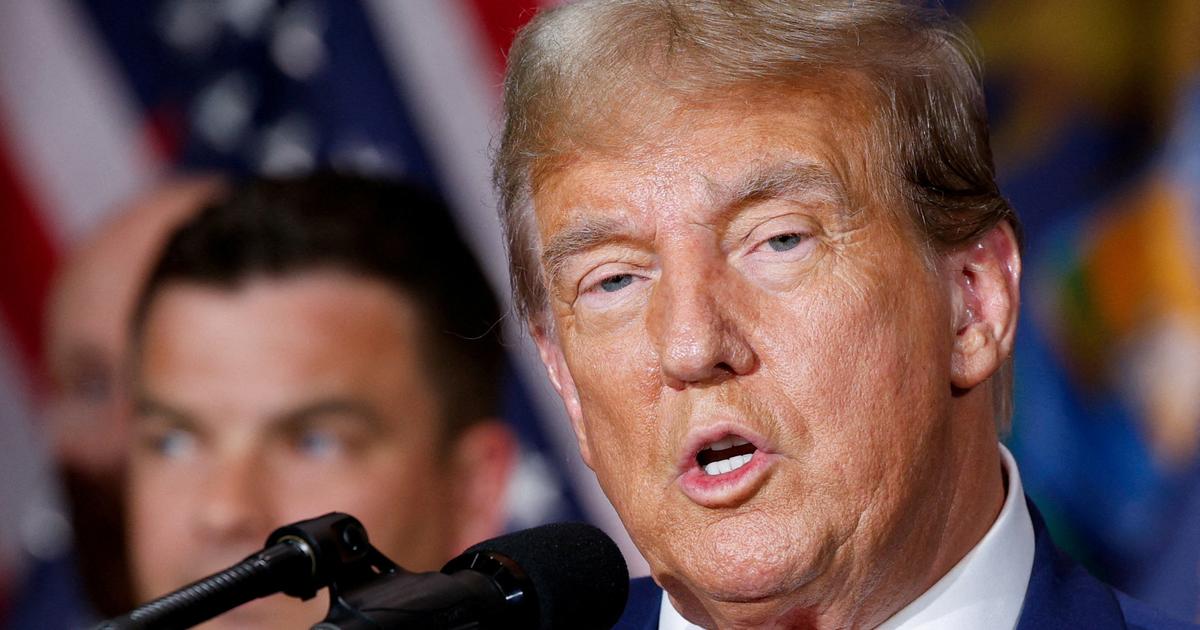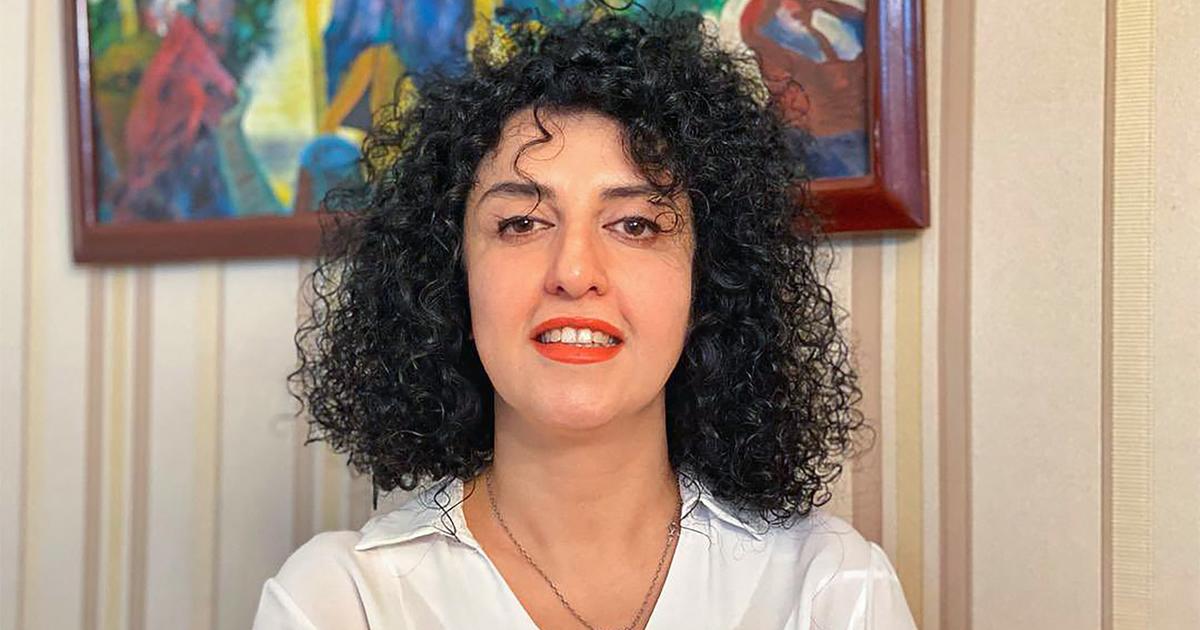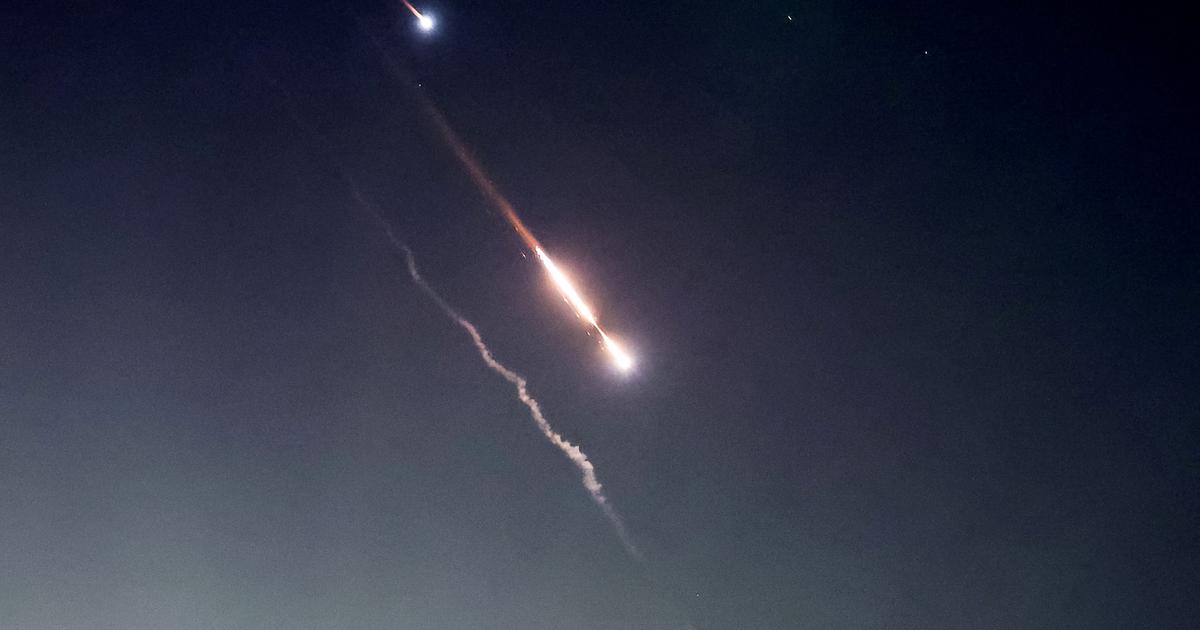Icon: enlarge
To this day, families in Sri Lanka are looking for their missing relatives
Photo: CHAMILA KARUNARATHNE / EPA-EFE / REX
Sandy beaches, tropical landscapes, blue whales off the coast: For many tourists, Sri Lanka is above all a paradise.
And in some ways it is.
But the country is struggling with a dark past.
In 2009 a bloody civil war came to an end in the island nation.
26
State security forces and the Tamil separatist group, the Tamil Tigers (LTTE), had fought for years.
Both sides are charged with serious crimes:
The separatists carried out gruesome attacks and massacres.
State death squads are said to have abducted terror suspects.
In the final stages of the war, the army bombed hospitals and towns surrounded by combatants.
More than a hundred thousand people died and thousands disappeared without a trace, most of them belonging to the Tamil minority.
To this day, many families do not know where their loved ones are.
In these days the atrocities of that time are back on the agenda of the international community.
The 46th session of the UN Human Rights Council is taking place in Geneva, and the member states have to decide how to proceed with Sri Lanka.
Much depends on the decision;
for Sri Lanka, but also for the reputation of the Council.
A war criminal becomes minister of defense
In 2015, the Colombo government agreed to come to terms with past crimes.
Among other things, an independent body should investigate the fate of the missing people.
More than five years later, the resolution from then expires and it becomes clear that many of the commitments were only implemented half-heartedly or never at all.
In the meantime it can even be said: Sri Lanka is doing the opposite of education.
The current government withdrew its support for the 2015 resolution.
It was said that Geneva would no longer be allowed to insult “war heroes”.
In 2019 the government changed in Sri Lanka.
The new President and Prime Minister are old acquaintances: President Gotabaya Rajapaksa and Prime Minister Mahinda Rajapaksa are not just brothers - it was they who ended the civil war as victorious.
Icon: enlarge
Under the leadership of the Rajapaksa brothers, Sri Lanka has taken an increasingly nationalist course
Photo:
Eranga Jayawardena / AP
And they have made it clear that they think little of the reforms of their predecessors: Under their leadership, legal proceedings against alleged perpetrators have been dropped, and former high-ranking members of the military have risen to political offices.
Including a general against whom the US has imposed an entry ban for war crimes.
Today he is Minister of Defense.
Against this background, the decision in the UN Human Rights Council is of great importance.
Not just for the Tamil minority, who hope that international pressure will make their cause for justice heard.
But also for the credibility of the committee.
"Litmus test of whether the United Nations is able to bring international crimes to justice"
The human rights organization Human Rights Watch sees Sri Lanka as "a litmus test of whether the United Nations is able to bring international crimes to justice."
But opinions in the Human Rights Council diverge.
A decisive resolution would be an important signal and leverage in the direction of Colombo.
In an unusually harsh report, the High Commissioner for Human Rights even called for sanctions against former military personnel and the transfer of the case to the International Criminal Court.
That gave hope to many Tamils.
more on the subject
Icon: Spiegel PlusIcon: Spiegel Plus Silk Road Initiative: How Beijing drove Sri Lanka into the debt trapBy Laura Höflinger
But a tough resolution - some member states fear - could drive Sri Lanka further into the arms of China - if it found a majority at all.
Chinese state-owned companies have invested billions in infrastructure projects in the country, and there are rumors that Beijing financially supported the Rajapaksas in the election campaign.
China, but also states like Russia, Cuba and Pakistan, would probably stand in for Sri Lanka in the Human Rights Council.
Too much pressure could also benefit the Rajapaksa brothers domestically: Many Sri Lankans, especially members of the Buddhist Sinhalese majority, refuse to allow "Western interference".
In their eyes, the brothers brought peace to the country in 2009.
Several states in the Council should therefore prefer a soft resolution that leaves the door open for negotiations and influence.
According to reports, this also includes the federal government.
Germany belongs to the so-called core group that has submitted an initial draft for a resolution.
The proposal falls well short of the demands of the High Commissioner and activist groups.
"Germany, together with the other states in the core group of the resolution on Sri Lanka, is committed to ensuring that the human rights situation in Sri Lanka remains on the agenda of the Human Rights Council," said the Foreign Office vaguely.
But many in Sri Lanka had hoped for more, especially from Berlin.
Because of their own history, Germans understand how important it is for the bereaved to be certain of the whereabouts of their loved ones, says the Sri Lankan activist Shreen Saroor.
"If Germany does not protect and support the interests of the victims' families, then it allows the military to get away with their crimes."
Icon: The mirror















